Supporting Seniors Through Life Transitions With Compassionate Homecare
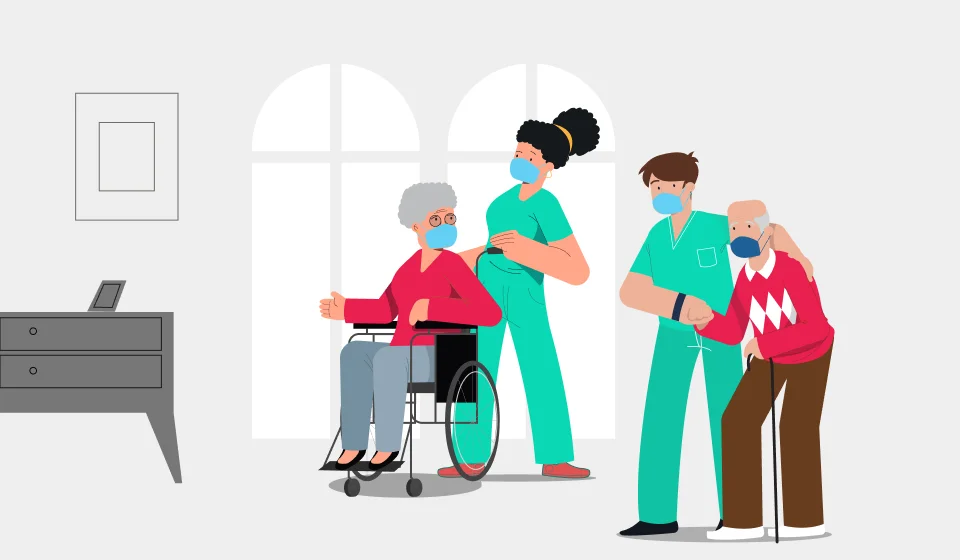
Understanding Life Transitions in Later Years
Health-related changes
Loss of independence
Environmental shifts
This involve downsizing from family homes, relocating to retirement villages, modifying living spaces for accessibility, or facing the prospect of residential care—each representing significant emotional upheaval.
Why These Transitions Are Challenging?
Loss of autonomy and identity
It represents perhaps the deepest challenge, as individuals who’ve spent lifetimes making independent decisions suddenly require permission, assistance, or supervision for basic activities.
Grief over "the way things used to be"
The Emotional Side of Ageing & Adjustment
Psychological Impact of Transitions
Grief & loss
Anxiety & depression
It frequently emerge during transitions, manifesting as persistent worry, panic attacks, hopelessness, withdrawal, and loss of interest in previously enjoyed activities, yet often remain undiagnosed.
Identity crisis
It occurs when roles defining self-concept disappear—no longer the competent professional, independent homemaker, active community member, or capable spouse—leaving existential questions about purpose and value.
Resistance to help
It often stems from fear, pride, or denial rather than stubbornness, representing desperate attempts to maintain control and familiar identity in circumstances demanding unwelcome change.
Signs a Senior Is Struggling
Family members and carers should recognise warning indicators suggesting adjustment difficulties requiring professional support. Withdrawal from previously enjoyed social activities, hobbies, or family gatherings often signals depression, grief, or diminished self-worth related to perceived inadequacy or embarrassment about changing capabilities. Changes in established sleep patterns—insomnia, excessive sleeping, or fragmented rest—alongside appetite fluctuations and unintentional weight changes frequently indicate emotional distress. Increased irritability, uncharacteristic anger outbursts, tearfulness, or extreme mood swings suggest underlying anxiety, depression, or unprocessed grief requiring compassionate intervention rather than dismissal.
Neglecting personal care
It including hygiene, grooming, medication adherence, or home maintenance represents significant red flags indicating depression, cognitive decline, or surrender to circumstances perceived as hopeless.
How Homecare Makes Transitions Easier
Professional homecare services provide crucial scaffolding supporting seniors through challenging transitions whilst preserving maximum independence, dignity, and quality of life. Unlike institutional care settings requiring seniors to adapt to unfamiliar environments and rigid schedules, homecare brings support to familiar surroundings where memories, comfort, and personal control remain intact. This fundamental difference significantly reduces transition-related stress whilst delivering comprehensive assistance tailored to individual needs, preferences, and circumstances that evolve throughout the adjustment journey.
Personalised Support Plans
Effective homecare begins with thorough assessment understanding not just physical limitations but personal preferences, cultural considerations, emotional needs, and individual goals for maintaining independence and lifestyle. Qualified assessors engage seniors and families in collaborative planning, ensuring care plans reflect what matters most to the individual rather than imposing standardised approaches unsuited to unique circumstances and values.
Assessment of individual needs and preferences
Flexible care that adapts as needs change
It recognises that requirements fluctuate—increasing during illness or recovery, decreasing as adjustment occurs, varying with seasonal factors or family availability—requiring responsive modifications.
Respecting routines and maintaining familiarity
Key Ways Homecare Facilitates Transitions
Professional homecare addresses multiple dimensions of transition challenges simultaneously through integrated support approaches. Maintaining independence and dignity remains paramount, with carers focusing on enablement—assisting rather than taking over, encouraging continued participation in decision-making and self-care activities within capability limits, and celebrating maintained abilities rather than emphasising losses.
Creating safe, familiar environments
It involves modifying homes to prevent falls and accommodate changing mobility whilst preserving personal character, memories, and comfort that institutional settings cannot replicate.
Bridging communication gaps
Practical daily support
Supporting Post-Hospital Recovery at Home
The transition from hospital to home represents particularly vulnerable periods where seniors face elevated risks of complications, readmission, and functional decline without appropriate support. Hospital environments provide intensive monitoring and immediate assistance, creating dependency that makes home return daunting for seniors and families alike. Successfully navigating this critical transition requires coordinated professional homecare addressing medical, physical, and emotional recovery needs whilst preventing common pitfalls.
The Hospital-to-Home Transition Challenge
Australian healthcare data reveals concerning readmission rates for older patients, with approximately 20% returning to hospital within 30 days of discharge—often for preventable complications including medication errors, infections, falls, or inadequate wound care. This transition proves particularly vulnerable because seniors leave structured support before fully recovering, confusion about discharge instructions compromises adherence, family carers lack medical expertise for complex care needs, and home environments may pose safety hazards unaddressed before discharge.
Statistics on hospital readmission rates for seniors
It demonstrates that with proper homecare support, many readmissions could be prevented, reducing healthcare costs whilst improving patient outcomes and quality of life.
Why is this transition particularly vulnerable?
It relates to the gap between intensive hospital care and independent living, where seniors suddenly manage complex medication regimens, wound care, mobility restrictions, and symptom monitoring without professional guidance.
How Homecare Supports Recovery
Professional homecare bridges the critical gap between hospital discharge and full recovery, providing graduated support that adapts to improving capabilities whilst maintaining safety and preventing setbacks. Experienced nurses and carers deliver medical monitoring, practical assistance, and emotional reassurance during vulnerable recovery periods when complications most commonly occur and confidence remains fragile.
Physical Rehabilitation
Recovery often requires ongoing physical rehabilitation supported through homecare assistance with prescribed exercise programs maintaining strength, flexibility, and mobility gains achieved during hospital physiotherapy sessions. Mobility support and fall prevention strategies prove crucial during recovery when weakness, dizziness, and unfamiliar movement limitations create heightened injury risks requiring vigilant assistance and environmental modifications.
Assisting with prescribed exercises
It involves encouraging adherence to therapy programs, providing hands-on support during exercises, monitoring proper form preventing injury, and reporting progress or difficulties to physiotherapists for program adjustments.
Helping with physical therapy appointments
It ensures transportation, accompaniment for moral support, understanding of instructions, and implementation of therapy recommendations at home between professional sessions.
Coping with Loss & Social Isolation
Social disconnection and bereavement represent profound challenges facing Australian seniors, often underestimated by society yet carrying serious health implications rivalling physical conditions in their impact on wellbeing, longevity, and quality of life. The cumulative losses accompanying later years—spouse, friends, roles, mobility, health—create grief whilst simultaneously eroding social networks providing emotional support for processing that grief, generating a devastating cycle of isolation, depression, and decline.
The Reality of Loss in Later Years
Seniors inevitably confront multiple losses fundamentally altering their social landscape and emotional wellbeing. Spousal bereavement and widowhood represents perhaps life’s most profound loss, eliminating the primary companion, confidant, and support system whilst triggering practical challenges managing alone after decades of partnership.
Loss of friends and peers
It accelerates with advancing age as contemporaries experience declining health, relocate to be near family, or pass away, gradually diminishing the cohort sharing common experiences and understanding.
Loss of former social roles
Loss of former social role through retirement, decreased community involvement, or inability to maintain volunteer positions removes identity-defining activities, regular social contact, and sense of purpose contributing to society.
Impact of Social Isolation
Research increasingly demonstrates that social isolation and loneliness constitute serious public health concerns with measurable physical and mental health consequences. Health risks associated with chronic loneliness include increased mortality rates comparable to obesity, accelerated cognitive decline and dementia risk, elevated cardiovascular disease, weakened immune function, and slower recovery from illness or surgery.
Conclusion
Research increasingly demonstrates that social isolation and loneliness constitute serious public health concerns with measurable physical and mental health consequences. Health risks associated with chronic loneliness include increased mortality rates comparable to obesity, accelerated cognitive decline and dementia risk, elevated cardiovascular disease, weakened immune function, and slower recovery from illness or surgery.
Latest Post
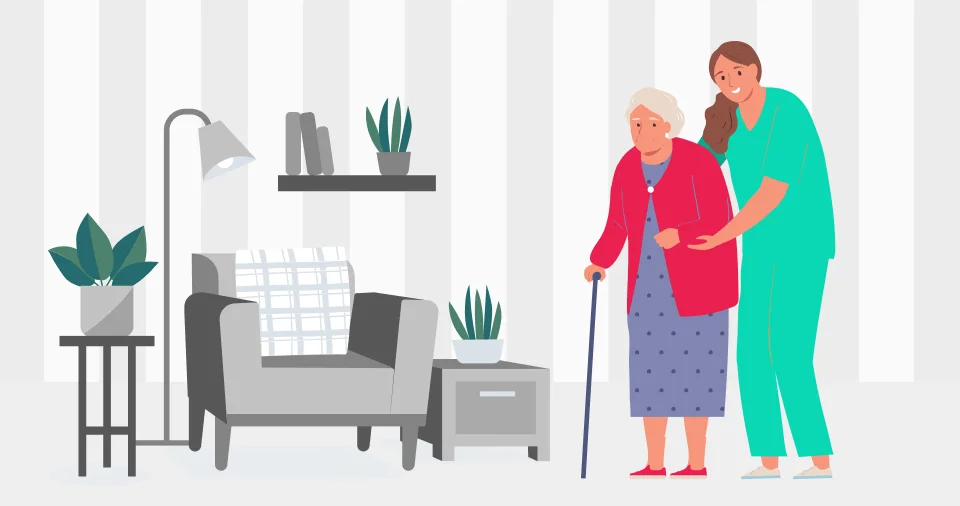
What Is Respite Care and How Does It Work?

Complete guide for aged care quality standards
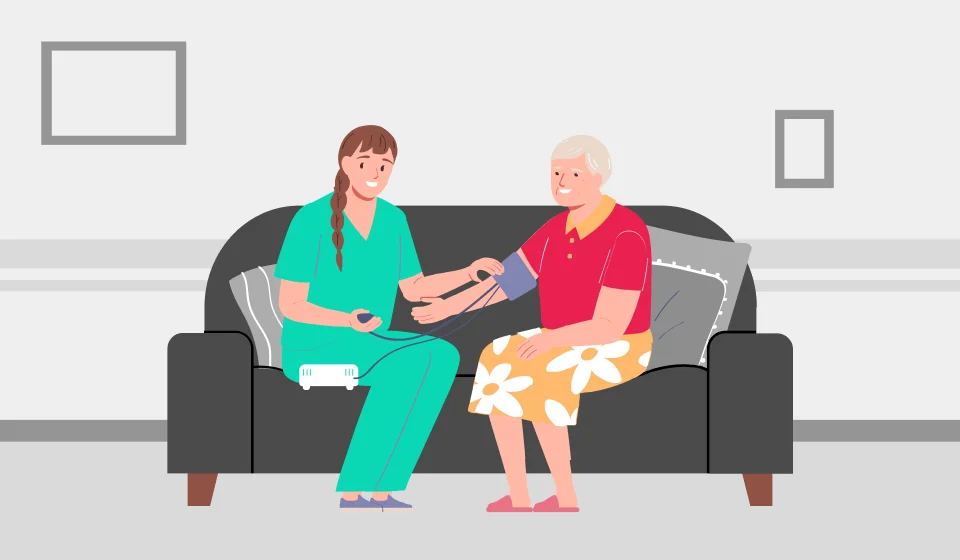
Personal Care Attendant (PCA): What they do & why they matter

The complete guide to homecare packages
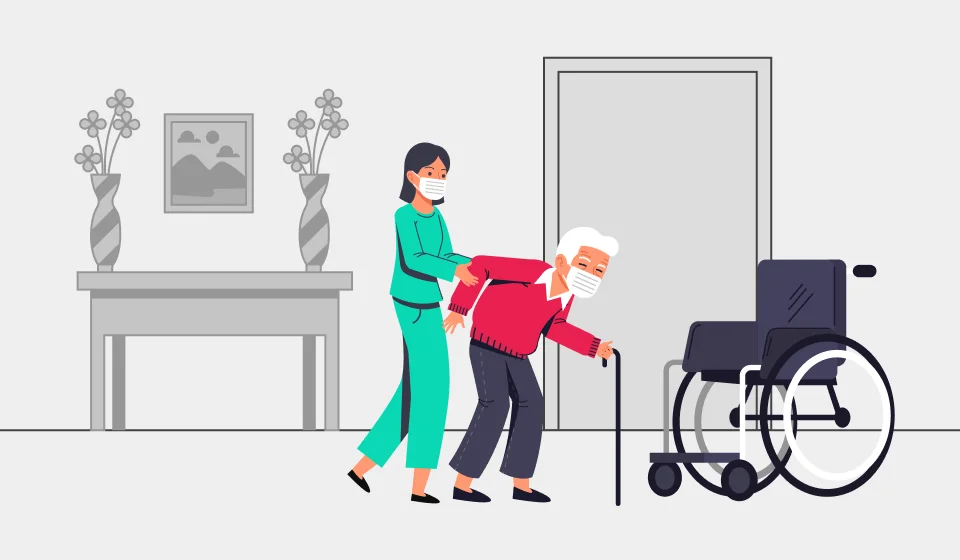
Is Homecare a Good Job? Salary, Demand & Benefits
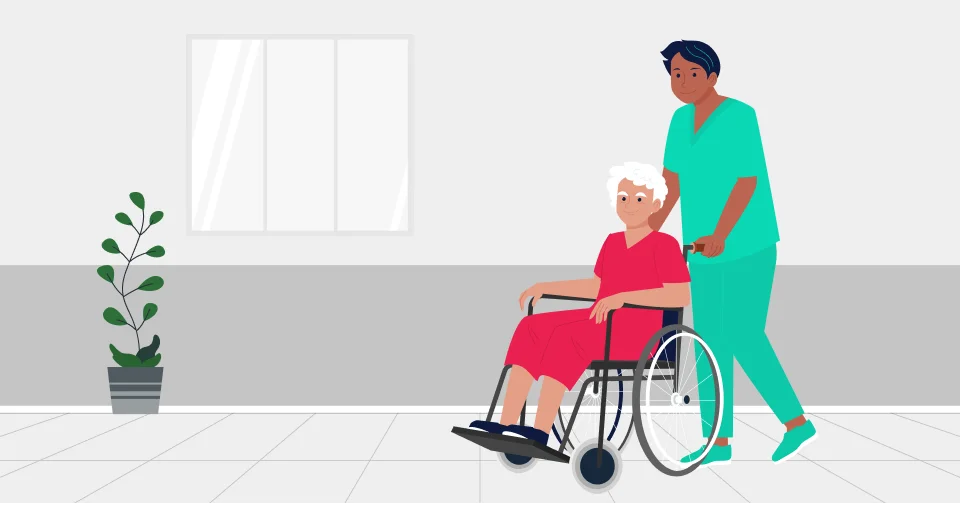
Everything you need to know about homecare packages

5 Reasons why nurses choose to work in aged care

Supporting Seniors Through Life Transitions with Compassionate Homecare

